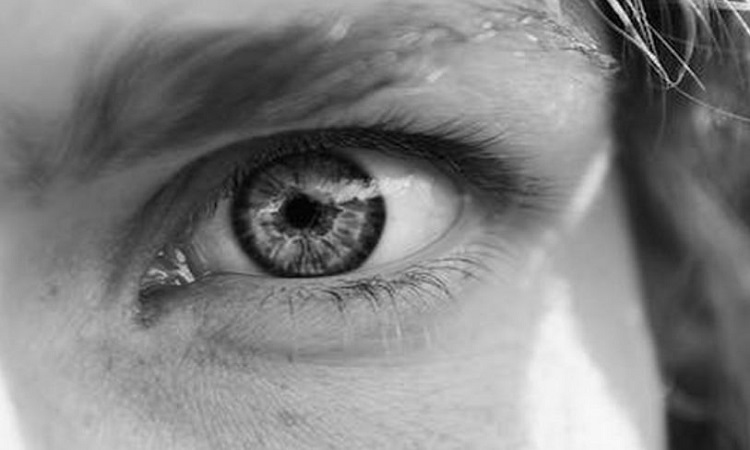 English
English

Researchers have found specialised immune cells patrolling the human eye. Read further on Dynamite News:

Washington: Researchers have found specialised immune cells patrolling the human eye.
The finding, which was reported in the Proceedings of the National Academy of Sciences journal, completely rewrites our understanding of the immune cell landscape in a healthy human eye's cornea.
It expanded earlier study by the team that showed T cells shield the eye against virus infection in mice, which was published last year in Cell Reports.
Associate Professor Laura Downie of the University of Melbourne, Dr. Holly Chinnery of the Department of Optometry and Vision Sciences, and Professor Scott Mueller of the Department of Microbiology and Immunology at the Doherty Institute worked together to lead a research team on the project.
“By combining our newly developed imaging technique with other advanced analytical approaches, we were able to discover that a significant number of cells at the surface of the healthy cornea are actually T cells,” said Professor Mueller.
“Until now, these cells were mistakenly classified as dendritic cells based on static imaging. This completely changes the current dogma in the field that only dendritic cells are present in the healthy cornea.”
Associate Professor Downie said that being able to dynamically capture the cells’ normal behaviour, and in response to inflammation, provides unique understanding of the immune response in the eye.
“Using our non-invasive imaging approach, which we term Functional In Vivo Confocal Microscopy (Fun-IVCM), we have been able to see that these T cells move around quickly and interact with other cells and nerves in the outermost layer of the cornea. We also captured different cell dynamics in response to contact lens wear and in allergic eye disease, and quantified how these behaviours are modulated by drug treatments,” said Associate Professor Downie.
“These findings reshape our understanding of the distinct immune cell subsets in the human cornea, and how they respond to different stimuli. Using Fun-IVCM, we can achieve rapid, real-time insight into the cellular immune responses in living humans, in this accessible peripheral sensory tissue.”
Dr Chinnery said that the new research will have major implications for the medical and immunology fields, including for patients and practitioners.
“Because this new technique involves non-invasive, time-lapse imaging of the human cornea, Fun-IVCM could be used in clinics directly to assess immune responses and ocular health. It could even be used for general immune system health,” said Dr Chinnery.
“Changes in T cells and behaviour could be used as a clinical biomarker of disease and assist with treatments.” (ANI)
No related posts found.
No related posts found.